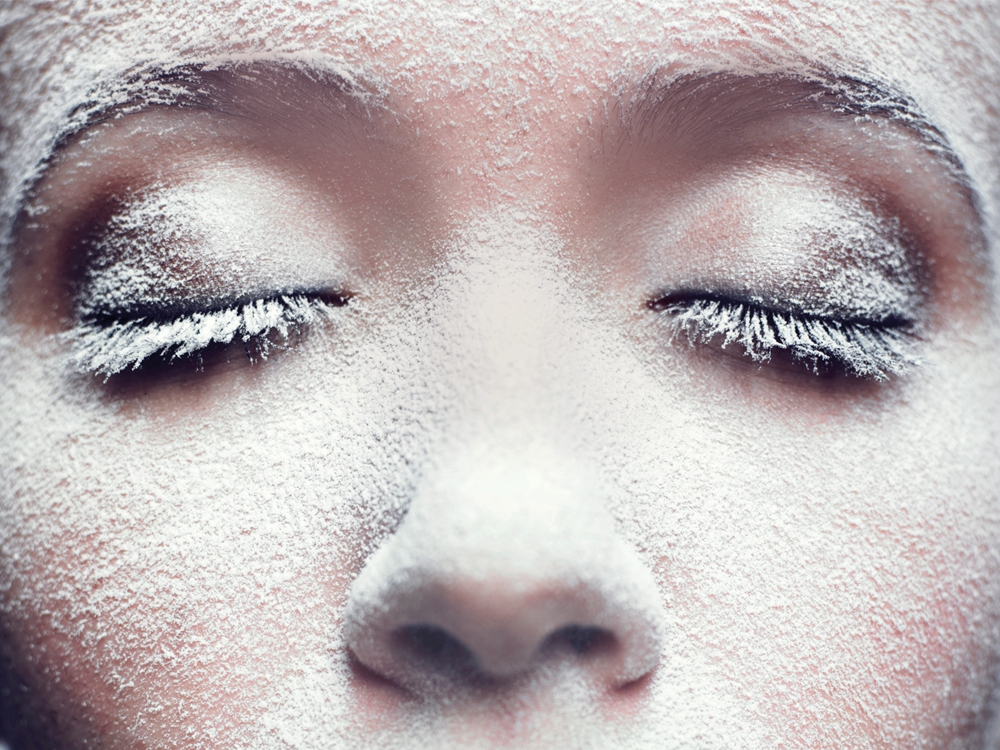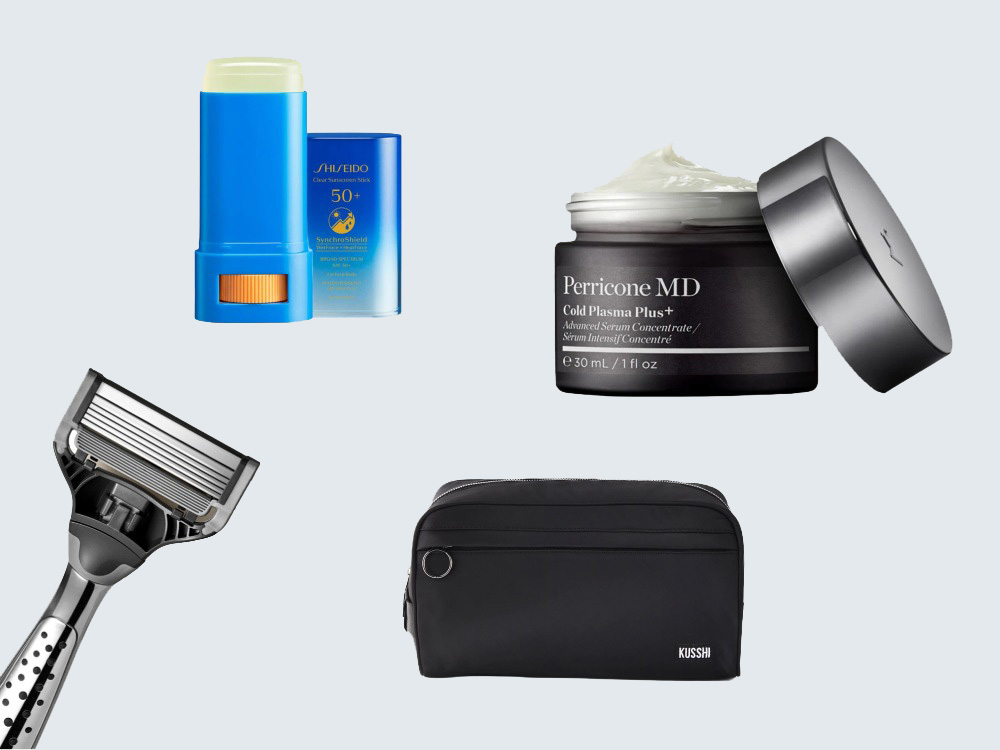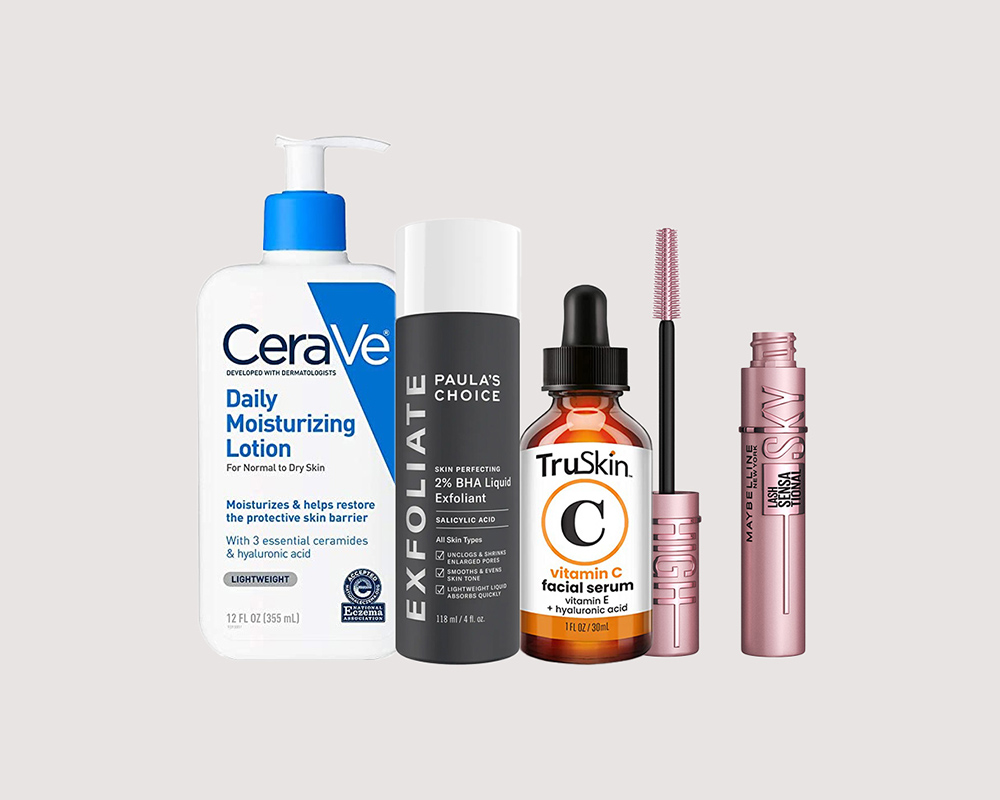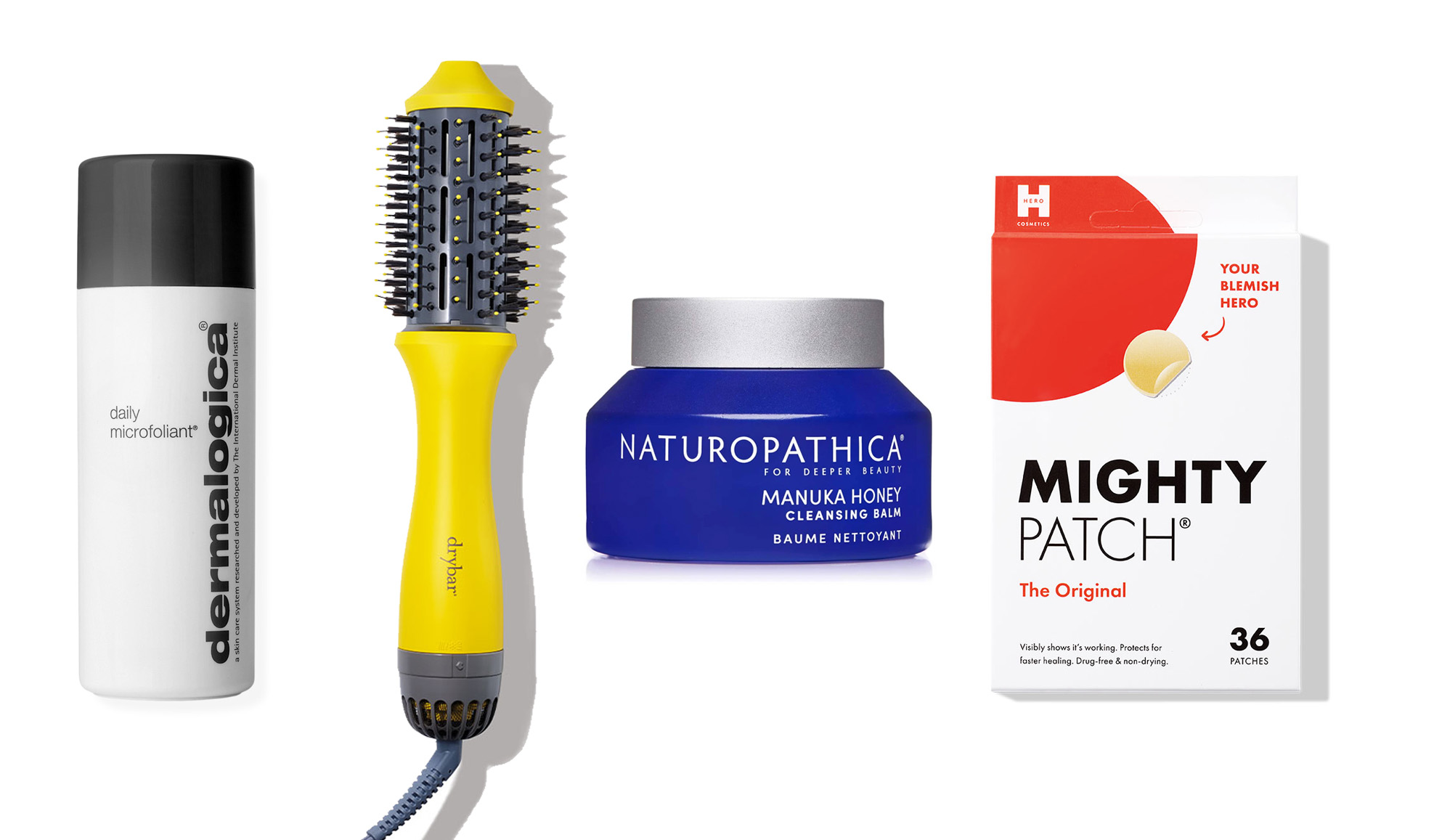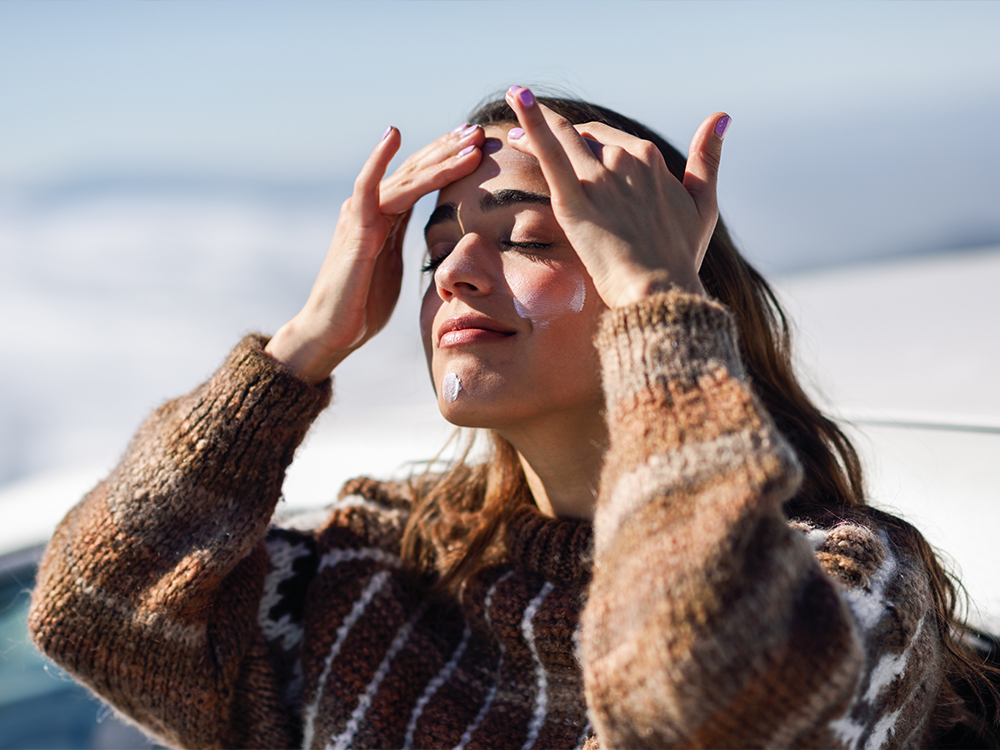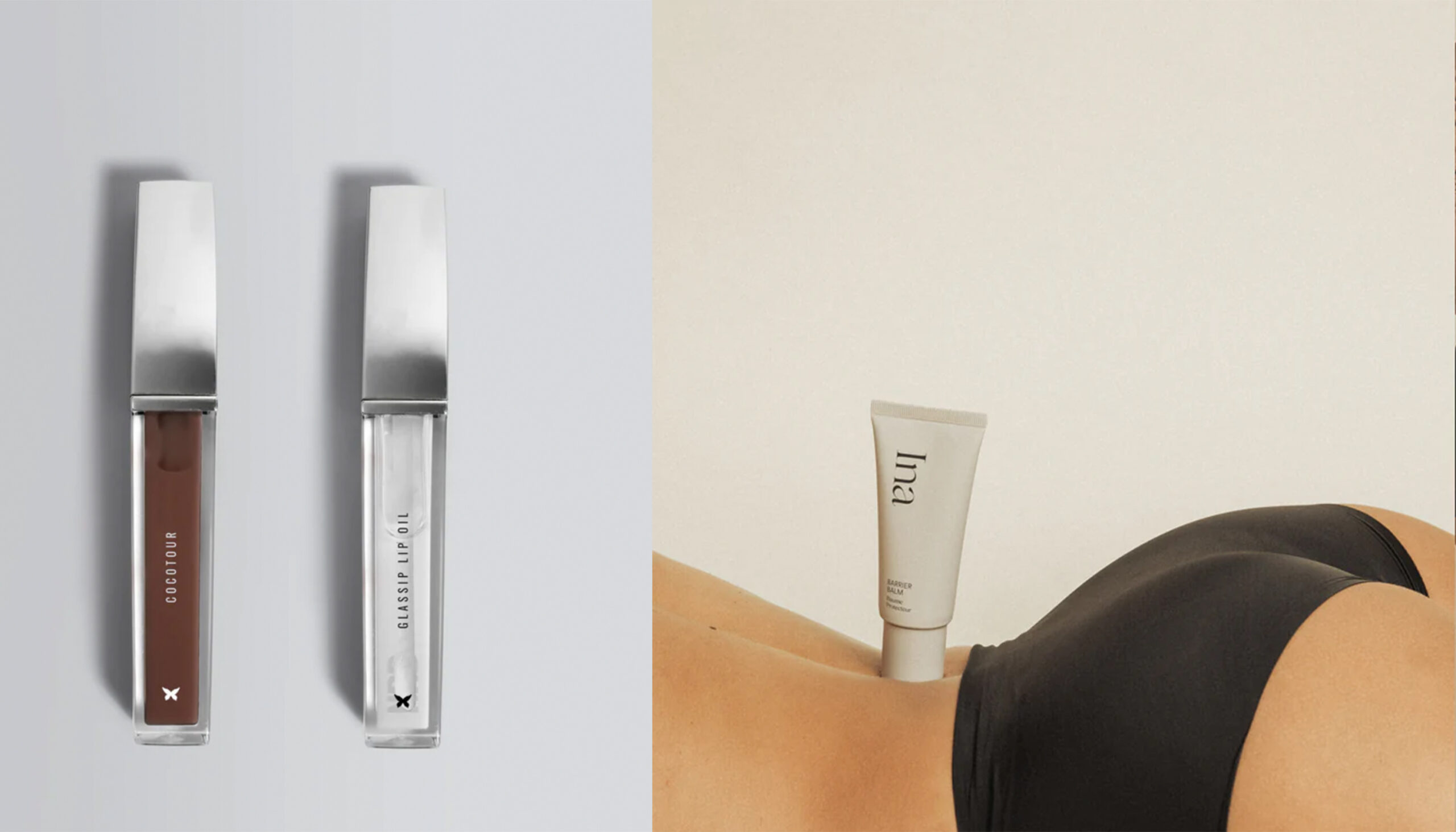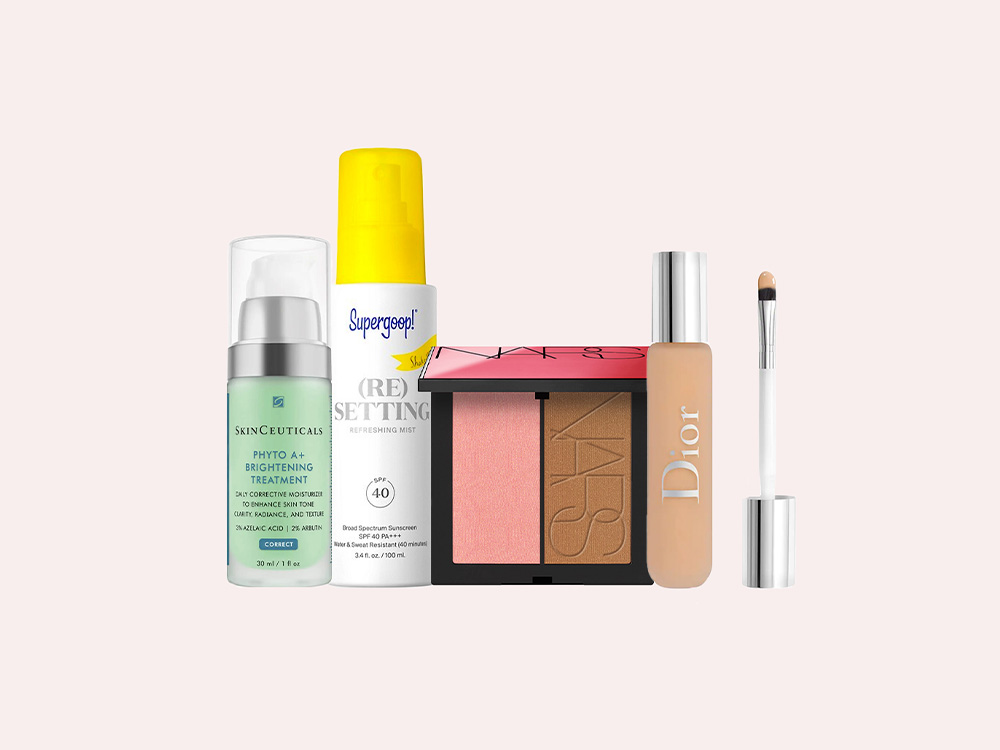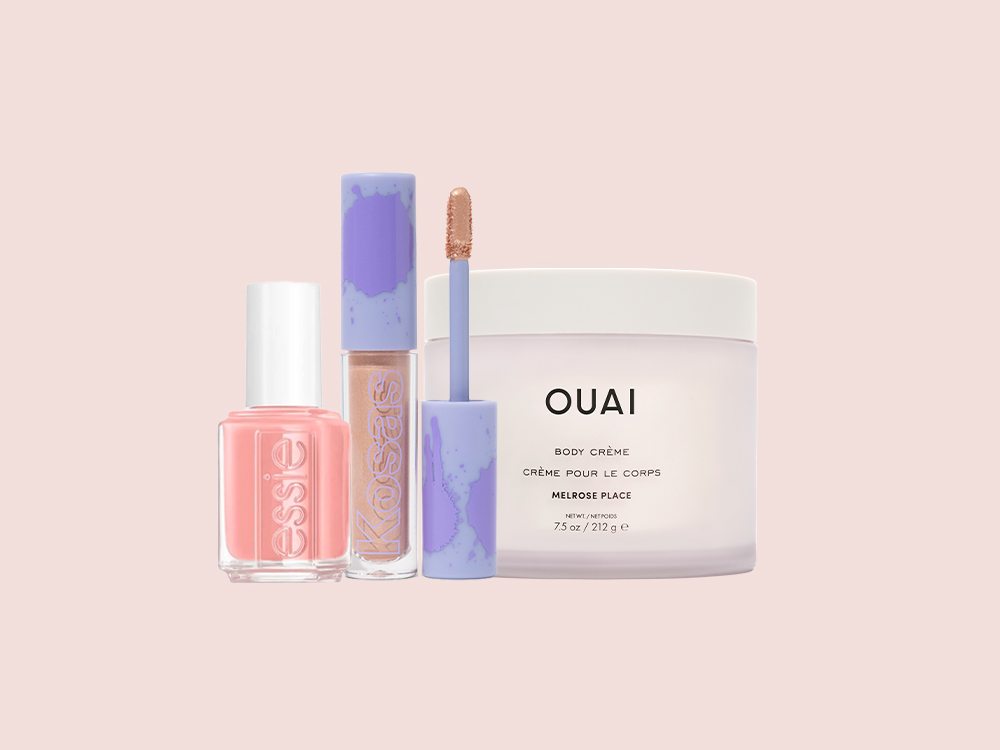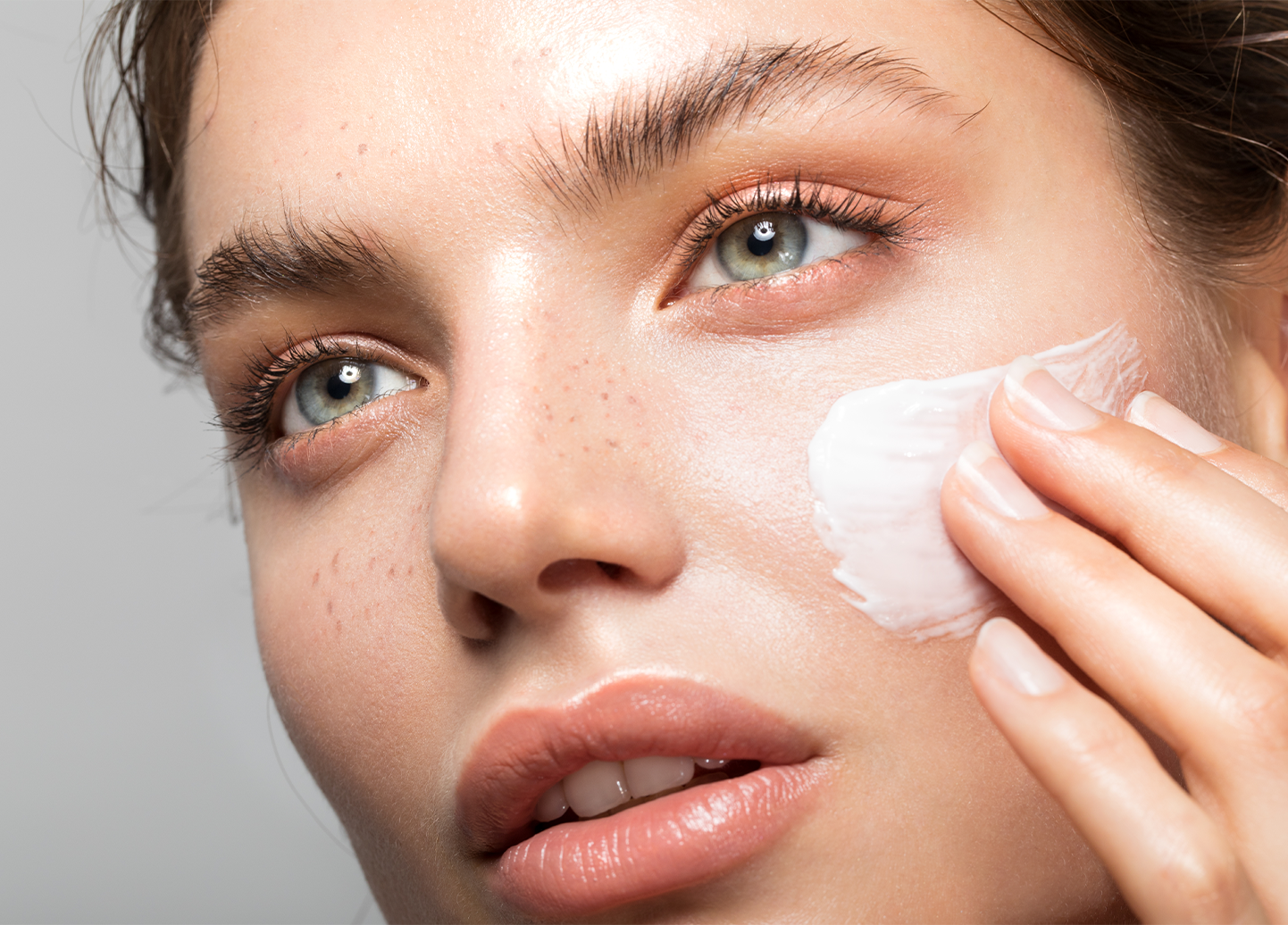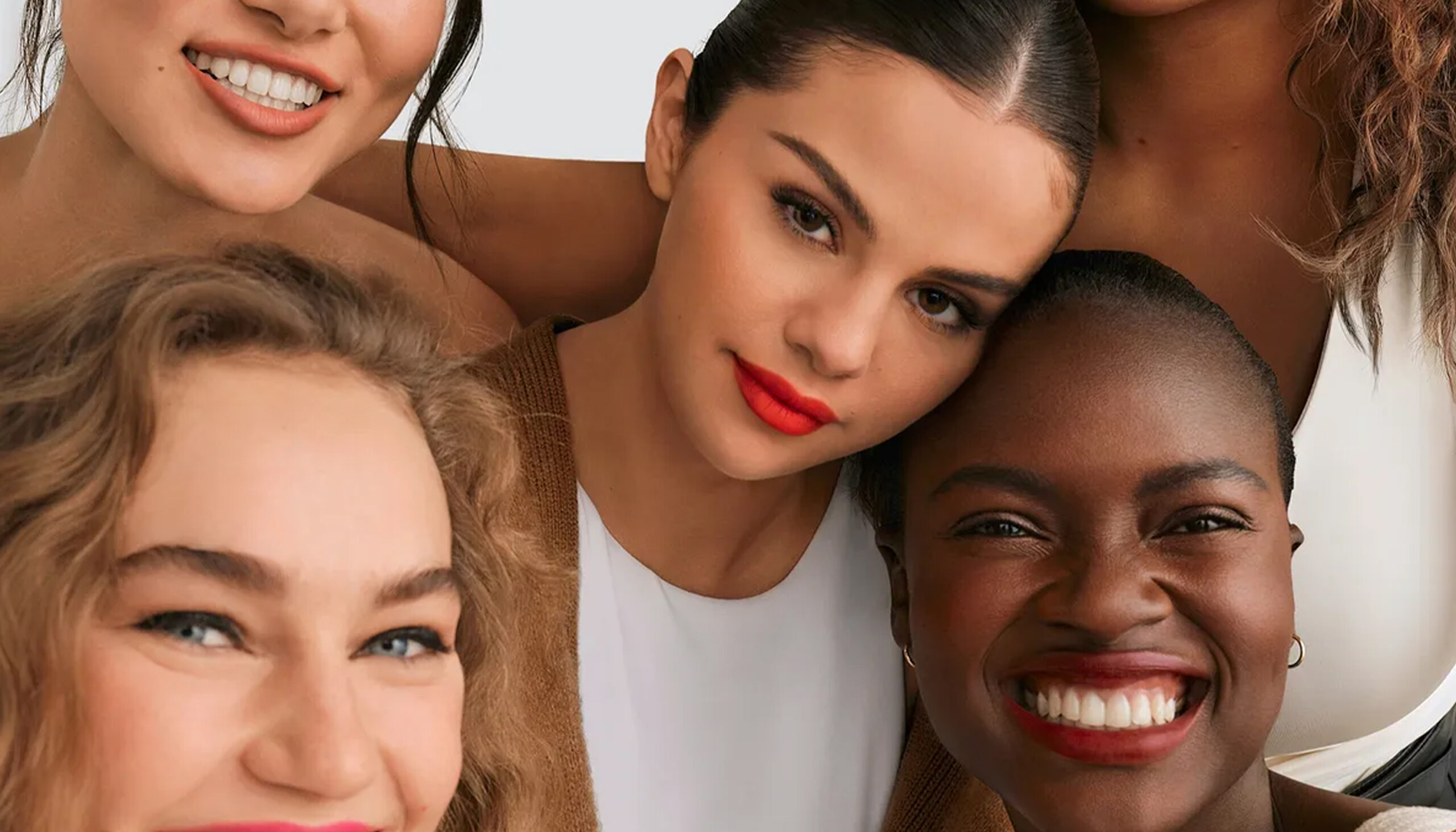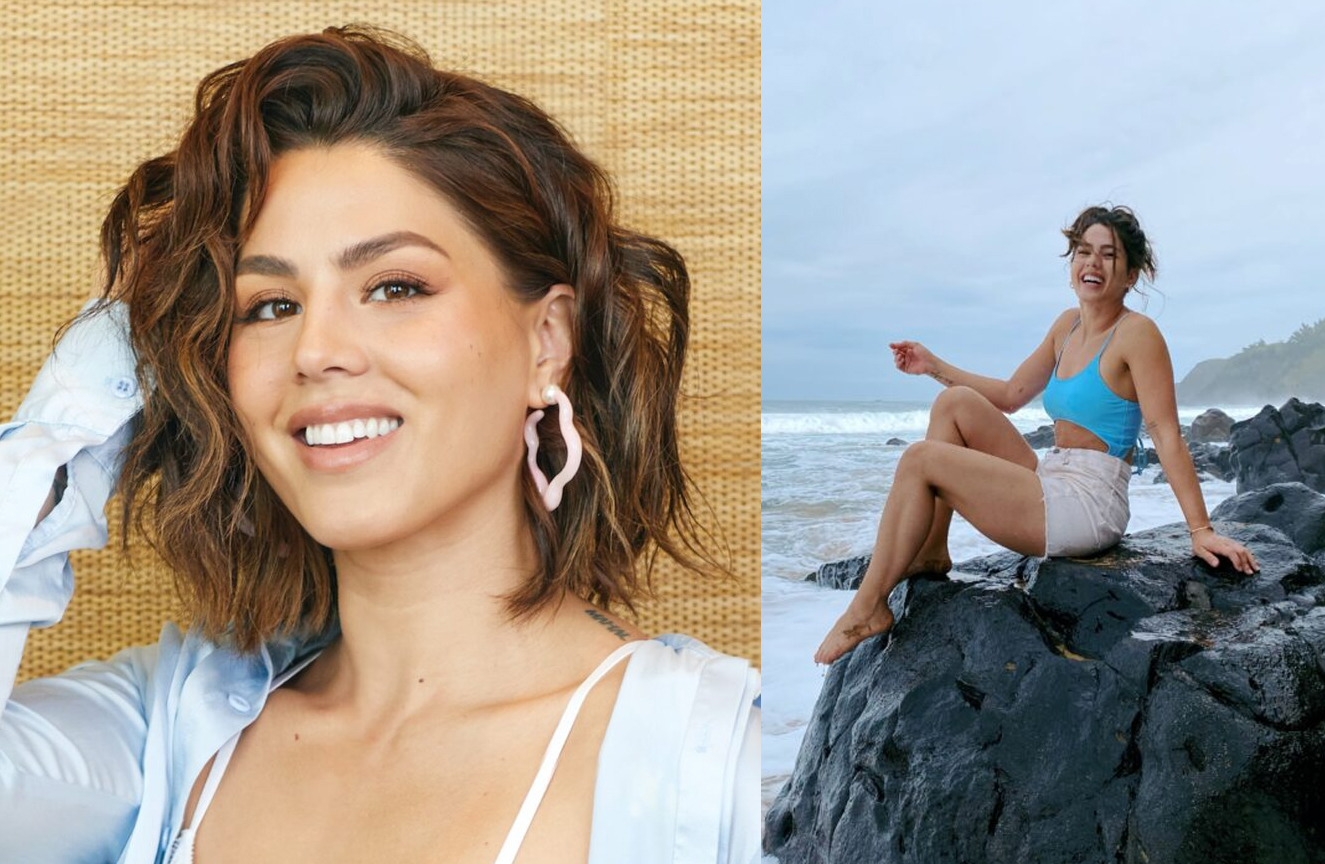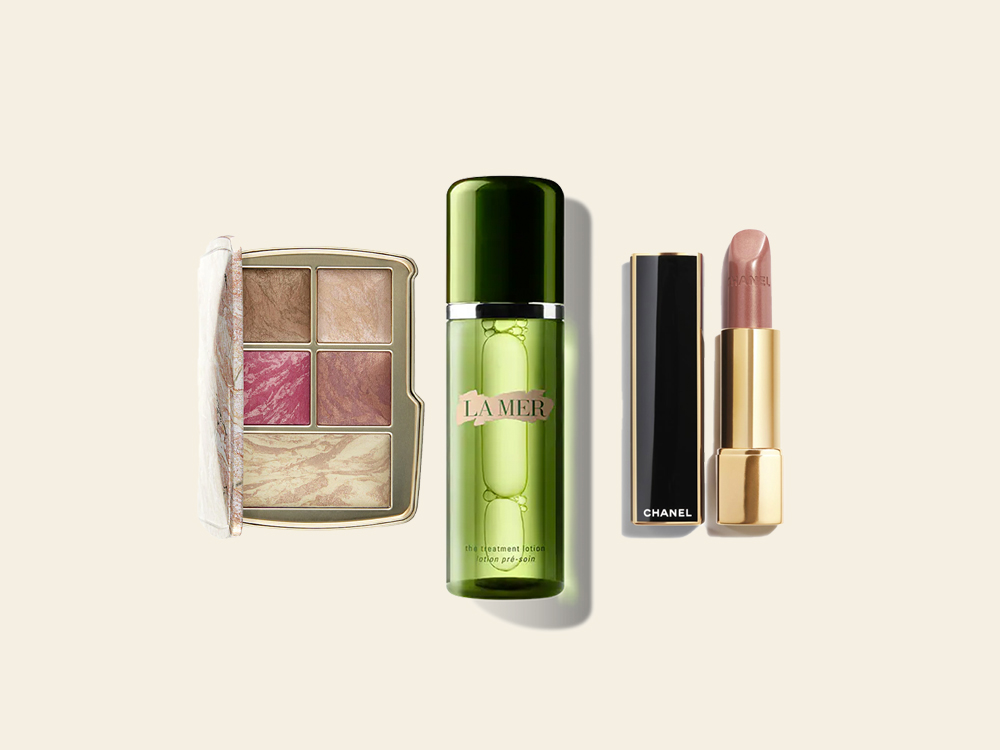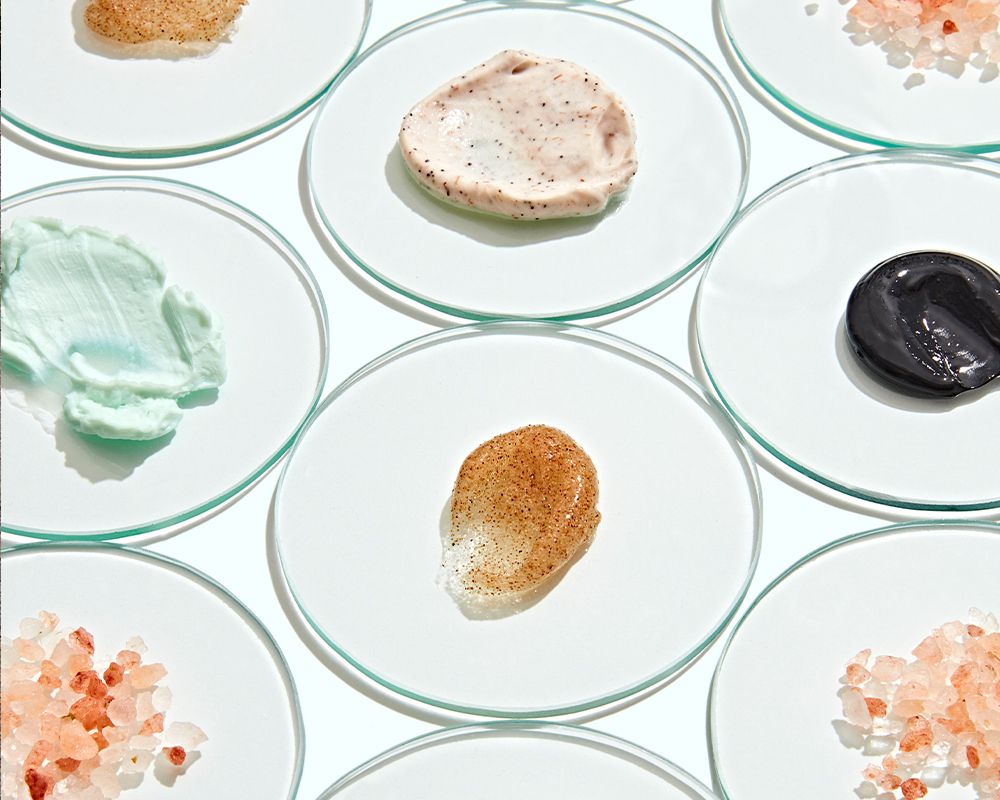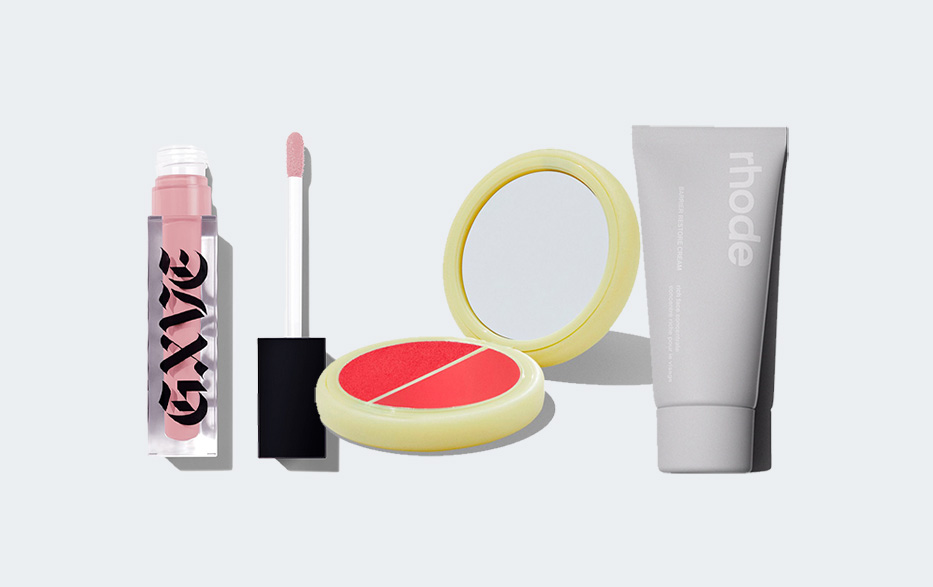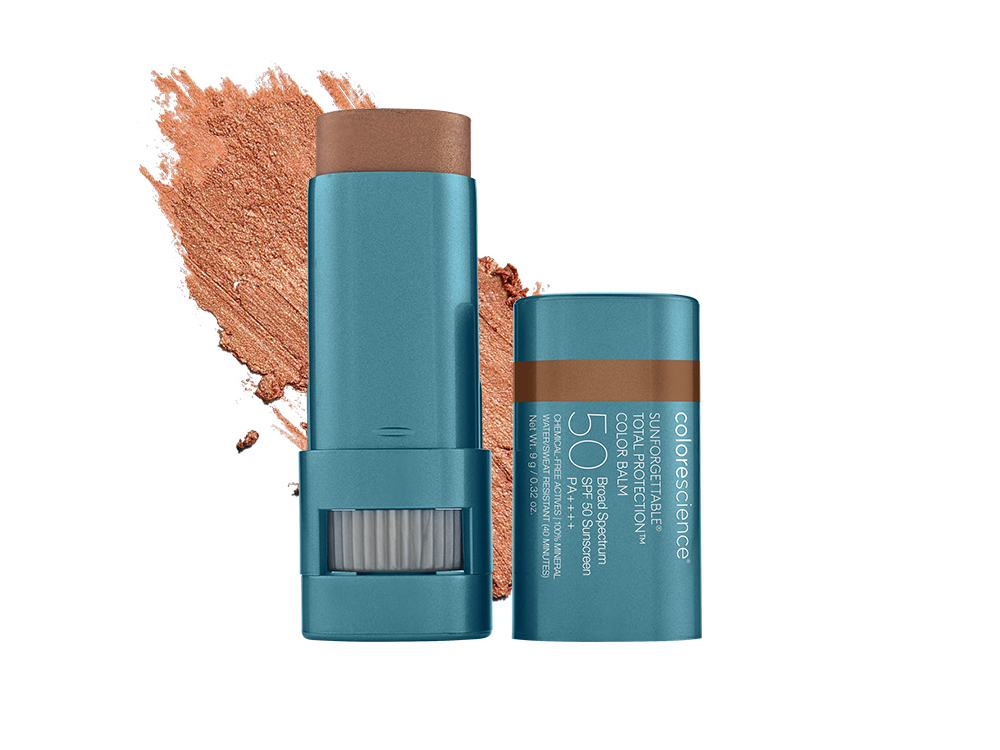There is a scene in the new documentary Toxic Beauty where the camera closes in on different parts of the human body with captions that explain the toxins that have been found inside some personal care products and the effects they can have on our bodies. Messages like, “Skin Cream: mercury, coal tar, endocrine disruptors—tremors, insomnia, cognitive dysfunction.” As shot after shot shows a growing number of daily use items like toothpaste, nail products, soap, and shampoo, you can’t help but take a mental inventory of your own stash.
You May Also Like: How Easy Is It to Make the Switch to ‘Cleaner’ Living?
The film centers around the groundbreaking lawsuits filed against Johnson & Johnson by women who say that the company knew for decades that their baby powder contained asbestos. These women, diagnosed with ovarian cancer and other illnesses, seek to tell the world about how the products they used for years unknowingly made them ill. The film also examines the lack of regulation in North America surrounding ingredients contained inside cosmetics and personal care products marketed to the masses. Its message will resonate with anyone who has already subscribed to a cleaner lifestyle and those just learning what the term “body burden” means. Here, documentary filmmaker Phyllis Ellis gives NewBeauty an inside look into the making her eye-opening new documentary.
NewBeauty: What inspired you to make this film?
Director Phyllis Ellis: During the research phase of the film found the talc, ovarian cancer story. I had the pleasure of connecting with Dr. Daniel Cramer, who linked ovarian cancer and talc use in the early 80’s. I had been an Olympian and used talc/baby powder a lot in my tenure as an athlete. I told him this and he said, you are likely at risk. It went from there—if the most trusted brand is causally linked to ovarian cancer, what else are we using that could cause us harm. We had a phenomenal team making this film and incredible experts and subjects in the film that contributed so much to the narrative.
NB: How did creating it change your own thinking or were you already a huge proponent for safe beauty?
PE: I was not. I never wore or used a lot of product but I was always very aware of the influence of the beauty industry on me and other women.
NB: What do you hope viewers walk away from the film with?
PE: I think once you watch the film, you know. It impacts people in different ways but in general What have I been using? What am I or what did I put on my children? What can I do to change this for myself and for the future?
NB: Should we throw away all our personal care products and cosmetics and start all over?
PE: What I learned is we should be aware of what goes on our bodies. What goes on, goes in. I am certain we should be mindful of what is on the label and at the very least check existing product labels with app’s like Think Dirty and EWG app as a starting point. As the experts tell us any product that has the word fragrance or parfum on it, those words alone can contain hundreds of chemicals. Not all chemicals are dangerous but some are but today companies don’t have to disclose what is in the word ‘fragrance because it’s considered proprietary.
NB: Did you throw all your stuff away and start over?
PE: I did. Mostly. My mantra now is reduce, reduce and remove. As ‘clean’ as I can determine shampoo, conditioner, toothpaste. I use coconut oil for moisturizing. A little mascara when I go out. I’m really leaning into my clean beauty routine is looking at myself in the mirror before anything and feel good or dare I say beautiful without putting anything on my face.
NB: You interviewed so many people and each one felt essential to telling the story. How long did it take to make this film and which interview are you most proud of getting?
PE: I like this question. Everyone was really great. I think the most impactful was having the privilege of spending time with women at the end of their lives, wanting to take this precious time to share their stories so that other women might not have to go through what they had been through. Certainly, Deane Berg who is the whistle blower in the film was amazing for not only all of us to meet, but for other women who are living with ovarian cancer to be motivated by her.
NB: How can viewers and consumers make a difference in the future of personal care product regulation? What do we do now?
PE: Contact your congress people, your government. Stop purchasing products so that brands have to formulate products without toxicants that have been proven or could be dangerous. Lean on government to ban the use of talc in cosmetics and personal care products. It’s banned in other countries. We have the power to do this.
Toxic Beauty is available to watch on demand on AT&T, DirectTV and Dish or for rent on iTunes, Amazon and Google Play.
